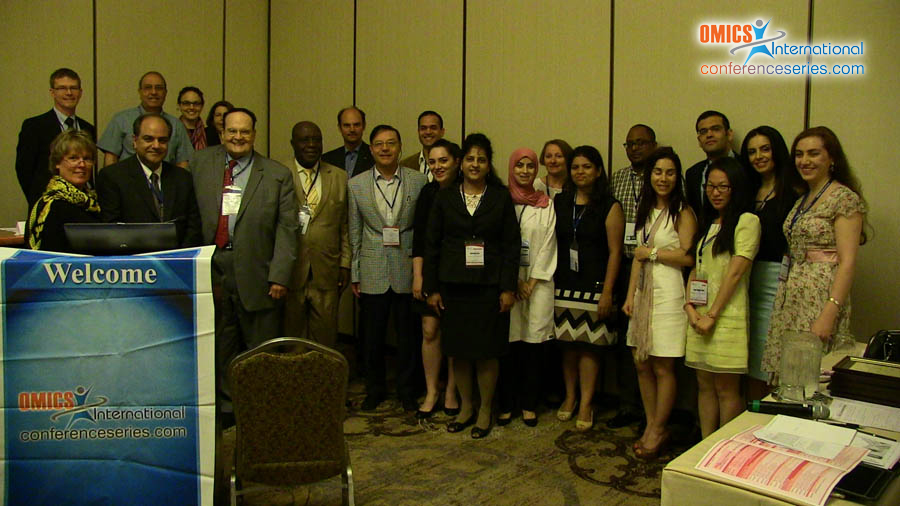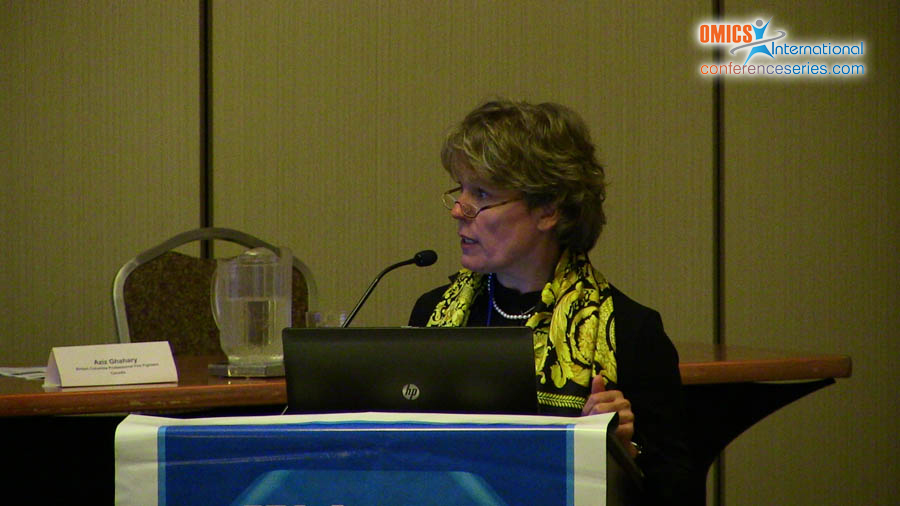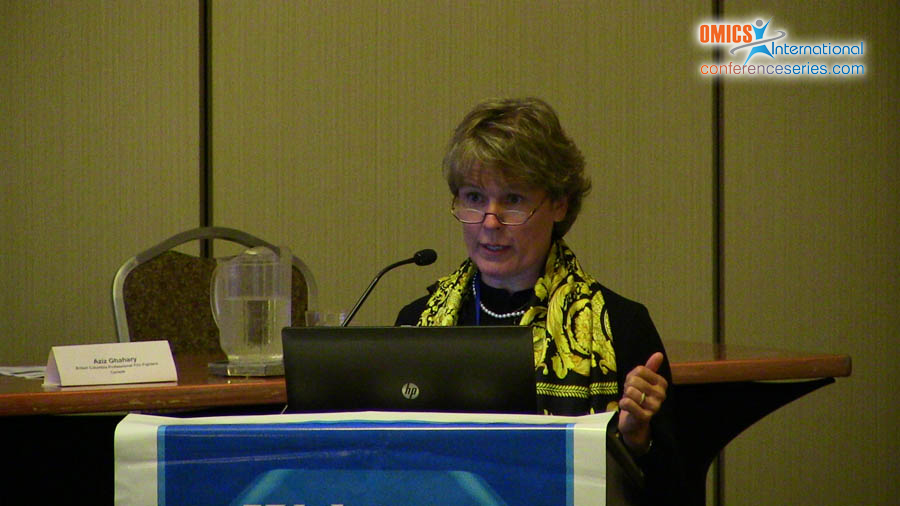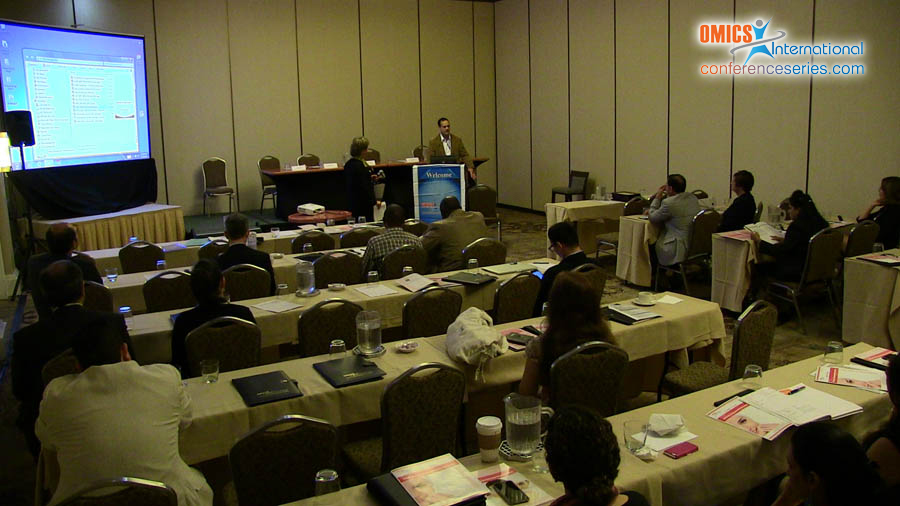
Biography
Biography: Dorothee Nashan
Abstract
High incidences of actinic keratoses, the pathophysiologically proven and accepted transition of AK into SCC and the resulting unacceptable mortality rate unify world-wide medical efforts in improving early diagnoses and therapies of AKs. A spectrum of efficient therapeutic options is available. Guidelines and recommendations from across Europe - Germany, Great Britain, France, Italy, and Spain – underline interest in the assessment, acceptance and use of therapeutic options, but also reveal diverse attitudes towards these aspects. Efforts to combat AKs include primary and secondary prevention. The evaluation of treatment includes a consideration of effectiveness, sustainability and tolerability of procedures, as well as response rates. An incredible number of publications concerning catchphrases like actinic keratoses, therapy, studies, response rate and spinalioma development complicate a survey. Useful up-dates, critical reviews and recommendations are continuously published. The number and grades of AKs, the size of area treated, and in particular the duration of follow-up are different, often making comparisons unbalanced. Cochrane based data analyses and meta-analyses confirm those difficulties whilst offering a ranking of standard interventions. Shouldn't we ask for a more normative procedure concerning the goals of our studies? Where is the common denominator in requirements? Besides personal expertise and equipment, the individual decision for the treatment of AKs should be based on the best possible evidence. Algorithms and increasing demand of sequential therapies will profit. All countries agree on the necessity of early treatment, and on the focus on point and field treatment, with increasing interest in long-term success, including in cases of field cancerisation. Implementation in daily practice and further requirements shall be discussed.




